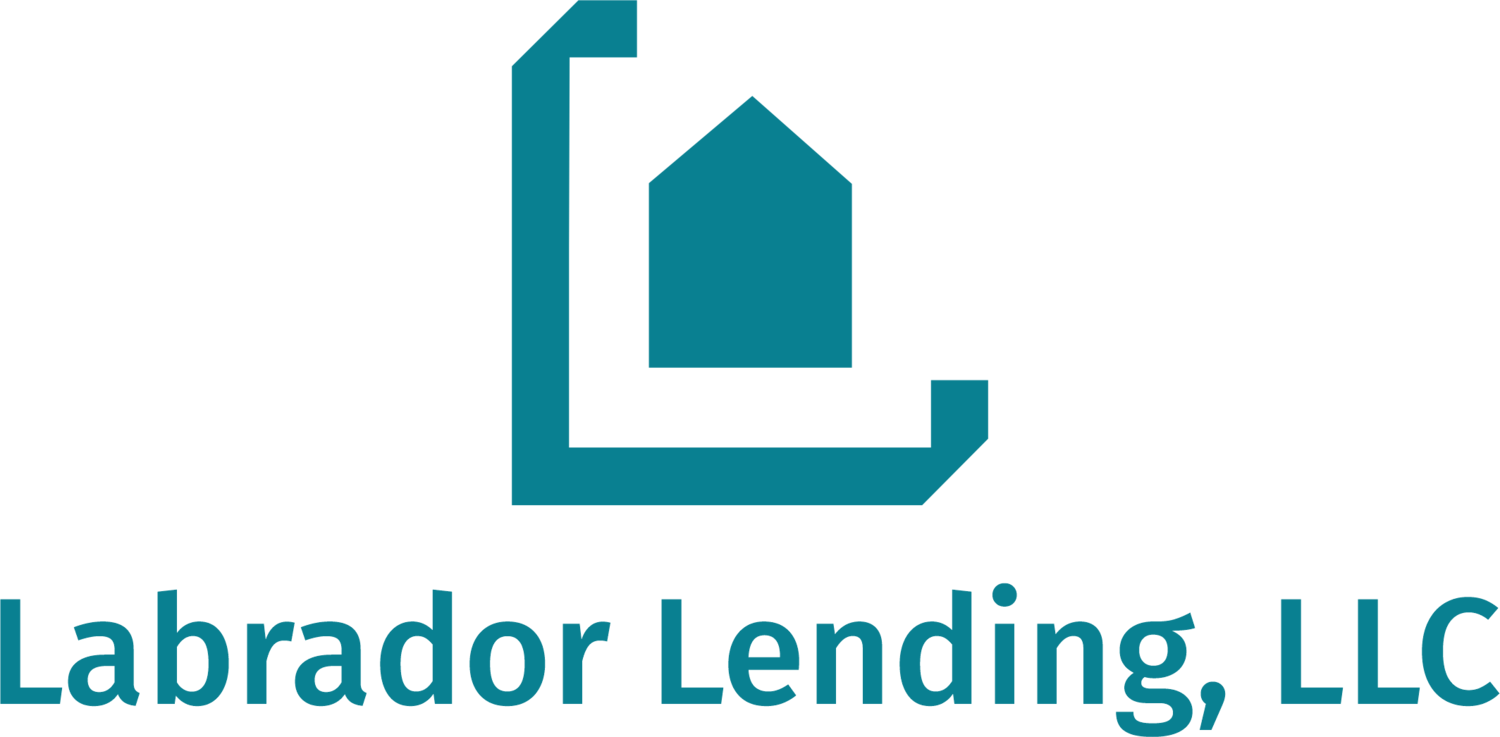A common question asked by new mortgage-note investors is, “Where do I find notes to purchase?” It is not as easy as buying a stock and often not as easy as buying physical real estate. There is not exactly a New York Stock Exchange (NYSE) for notes, or even a note Multiple Listing Service (MLS). In a sense, all note purchases could be considered “off-market deals.”
The secondary note market is simply not overly regulated and not very efficient. This inefficiency is what can help create opportunity, but it also means that finding notes can take work. Even for seasoned note investors, given certain market conditions, deal flow can be a challenge. And in my view, a note business primarily comprises three elements: deal flow (access to notes to purchase), capital flow (access to money with which to purchase notes), and the often-overlooked element of asset management (communicating with your vendors and overseeing the notes you already own).
As you can see, deal flow is key, whether you are looking to acquire your first note or whether you are managing a note fund. While not an exhaustive list, below are some potential sources of notes.

Banks, Credit Unions
Most likely, many of you reading this have a mortgage and have had that mortgage transferred from one bank or lender to another. Well, that means banks sell notes. Banks and similar institutions like credit unions sell both performing and non-performing notes. These lending institutions typically do not like to take over the property that was collateralized for the loan. They are in the lending business, not the property-management or rental business.
Further, they actually need to get rid of non-performing notes (toxic assets) to allow for more lending capacity. The more bad debt a bank has on its books, the less lending it can do overall (banks lend based on a fractional-reserve banking, a topic too complicated for this article). Although a bank can write off the bad debt on its books and still attempt to collect the debt, often a business decision is made to sell the debt and move on. This creates opportunity for the note investor in the secondary market.
Hedge Funds
Hedge funds are financial partnerships that use pooled funds, normally from accredited investors only, and employ different strategies to earn returns for their investors. They often attempt to provide a “hedge” against stock-market downturns by investing in alternative investments like mortgage notes. They are run by professional money managers and investment advisors. Typically, hedge funds have access to many millions of dollars and can purchase assets directly from banks and other lending institutions. Hedge funds frequently sell off mortgage notes to brokers and investors in the secondary market, frequently in bulk.
Other Note Investors
An often-overlooked source of notes is other note investors. We have found this source to be one of the most fruitful. There are several advantages to dealing directly with other note investors. Here are a few:
- Level of trust: When buying directly from other investors, you can be quite picky about whom you work with. There is a good chance you have at least met the note seller or interacted virtually enough so to feel comfortable with the individual or company. Networking is key in this business.
- No broker fees: When there is no middle man, there is no fee paid to a middle man.
- Less competition: If the seller has not published their deal(s) anywhere, you–as the potential note buyer–may be competing with only a handful of other note investors or none at all.
- Ability to “cherry pick”: Sometimes when dealing with note brokers or other sources, you do not have the option to pick and choose the deals you are interested in. It can be an all-or-nothing proposal. When buying from a fellow note investor, the opportunity likely allows for loan-level bids, meaning you can purchase just one asset or a handful of assets, rather than a whole pool of loans.
Holders of Seller-Financed Notes
Similar to fellow note investors, owners of seller financed notes can be an excellent source of deals. Some note investors intentionally target holders of seller-financed notes. The current note holder, who may have been a landlord for many years and then a lender for a period of time, may simply want or need cash now based on changes to their circumstances or market conditions. Seller-financed note holders can be a viable source of deals for note investors.

Online Platforms
Online platforms are probably the closest thing to the NYSE or MLS for mortgage notes. The platform that shows the most promise, in my opinion, is Paperstac.com. Paperstac offers a user-friendly interface that allows a note buyer to sort the assets available by numerous criteria, establish search criteria with ongoing notifications, and follow a streamlined process for both negotiating and purchasing a note. I have purchased several assets via Paperstac and recommend this platform without hesitation.
Another, similar exchange is NotesDirect.com. While I have not purchased via this platform, I have spent some time there. Although similar to Paperstac, NotesDirect does not allow for negotiation; the price is what it is. With that said, I have found it to be a user-friendly platform that is a good place to tweak your due-diligence practices and refine your pricing expectations. I believe most, if not all, of the notes available there are of the seller-financed variety.
One point of caution when purchasing notes through an online platform: do not assume the deal is any safer than it would be if acquired through any other means. Although the platform may do some level of seller vetting, it is incumbent upon the note buyer to perform due diligence on the deal itself as well as the note seller.
Note Brokers
Similar to a real-estate agent or a mortgage broker on a brand new loan, a note broker matches a buyer and a seller. Often a note broker will send out what is referred to as a “tape” of assets. This tape is typically a spreadsheet with data on specific loans for sale. There could be two notes for sale, or 500. Although brokers have various procedures, for most part, the note buyer has a specific period of time to submit bids on whichever notes they are interested in. Many note buyers will work through the tape, filtering by location, principal balance, term, etc., to narrow down the list to a manageable number of assets to bid on.
A note broker typically charges a fee, to be paid by the buyer, seller, or both. This typically ranges from 1% to 3% of the purchase price, so be sure to build this fee into your pricing models.
Attorneys, CPAs, Insurance Agents, Other Financial-Services Personnel
Those who work in the financial sector may not think of themselves as a source of mortgage notes, but they certainly have access to information and contacts that can lead you, the note investor, to the acquisition of good note deals. Some note investors market directly to these professionals, but even if you choose not to, you can mention to them that you are always looking for quality “paper.”
Note-Servicing Companies
Another potential source of notes is note servicers. There are many out there, including: Madison Management, Allied Servicing Corporation, National Asset Mortgage, Security National Servicing Corporation, Lake City Servicing, FCI Lender Services, etc. Some servicers will publish loans for sale and some will not. Regardless, servicers certainly have a good deal of information about borrowers, investors, markets, regulations, and the industry as a whole. Note servicers can be a solid source of deal flow.

Creating Your Own Notes
One way to acquire notes is to create them. Maybe you are a real-estate investor, real-estate agent, property owner, wholesaler, or simply have access to inexpensive real estate. Although the majority of mortgage notes out there today are institutional notes, underwritten and originated by a bank, credit union, or other professional lending establishment, many are not. Many loans are simply held by the seller of the collateralized real estate. This is often referred to as seller financing or owner financing.
Seller financing can take on many forms, such as lease options, land contracts, or simply a note (and Deed of Trust or Mortgage). Many tired landlords still like receiving that monthly payment and don’t want to take the tax hit from selling their property. So, they create a note where the buyer is the borrower. Typically, the property sales price on a deal with seller financing is higher than it would have been if it the sale was done through institutional financing. Creating your own notes can be very lucrative.





